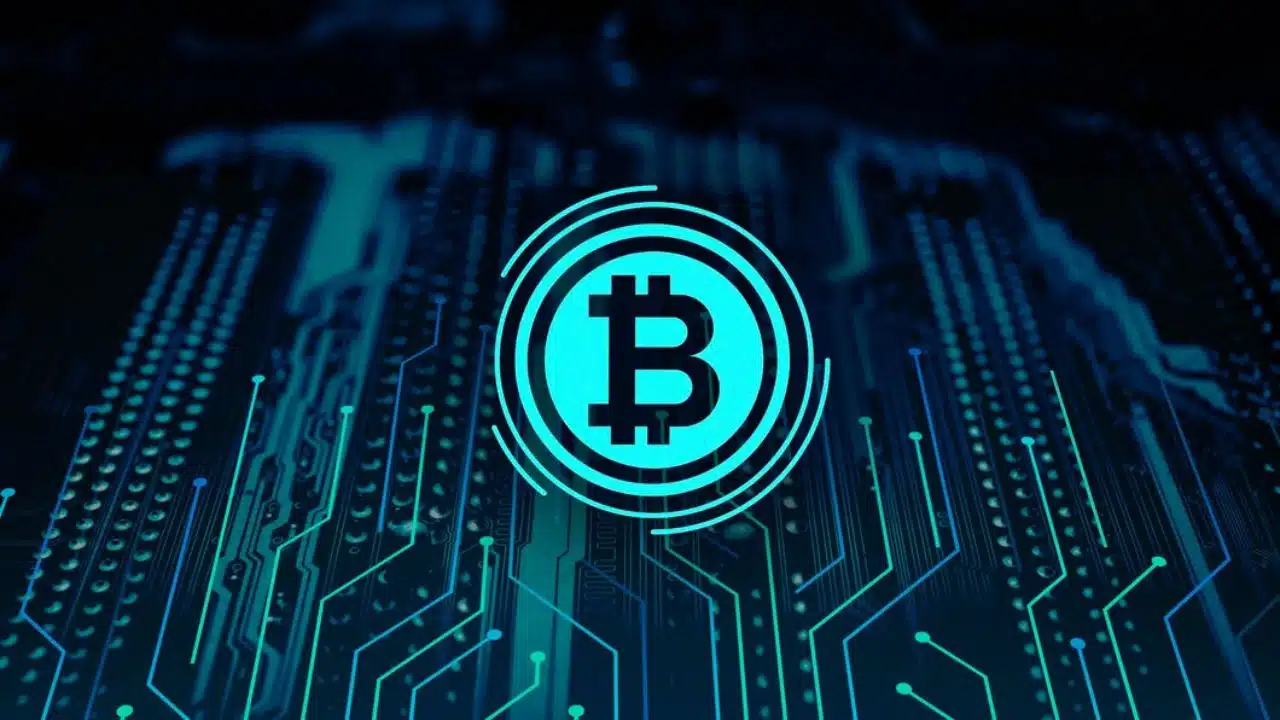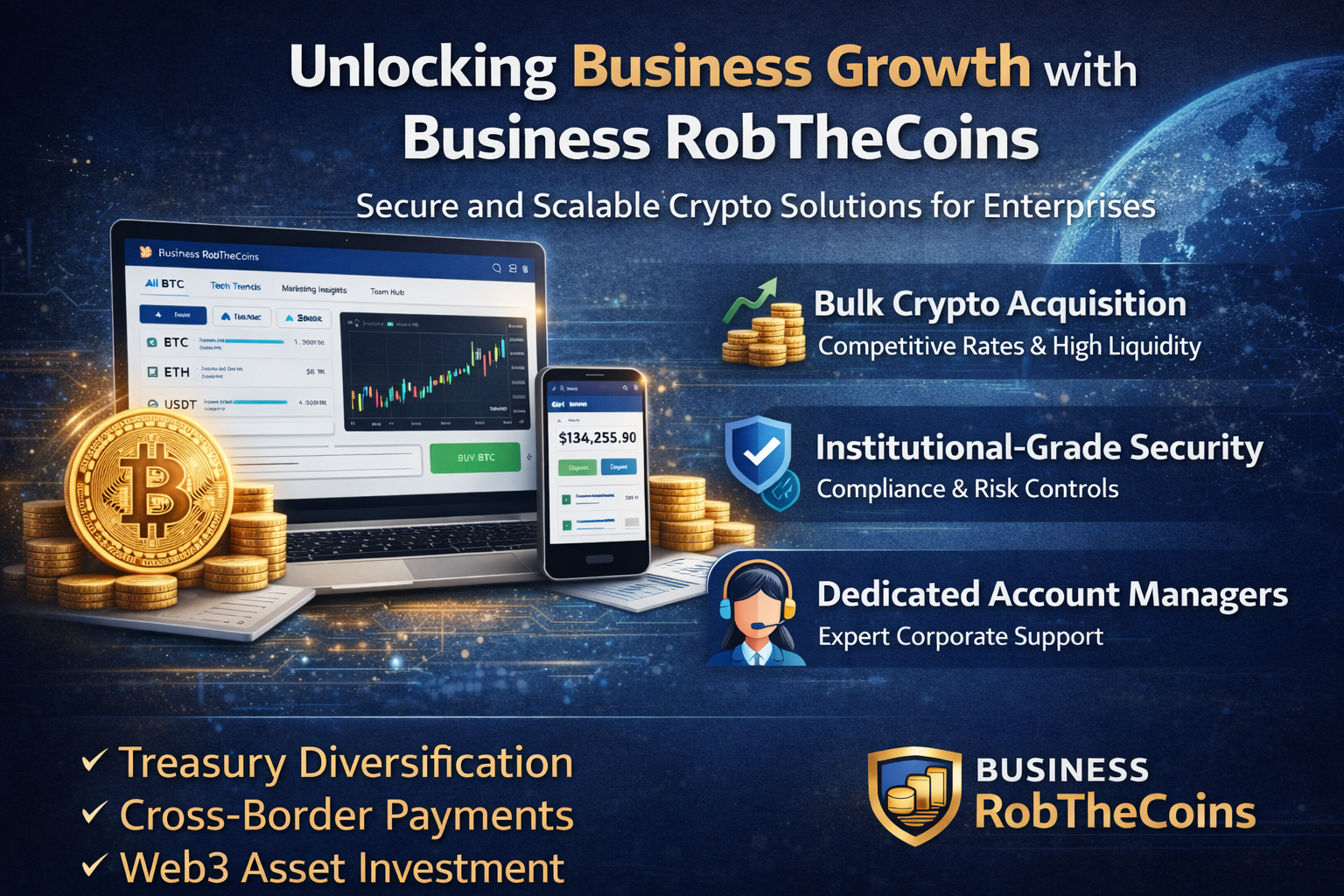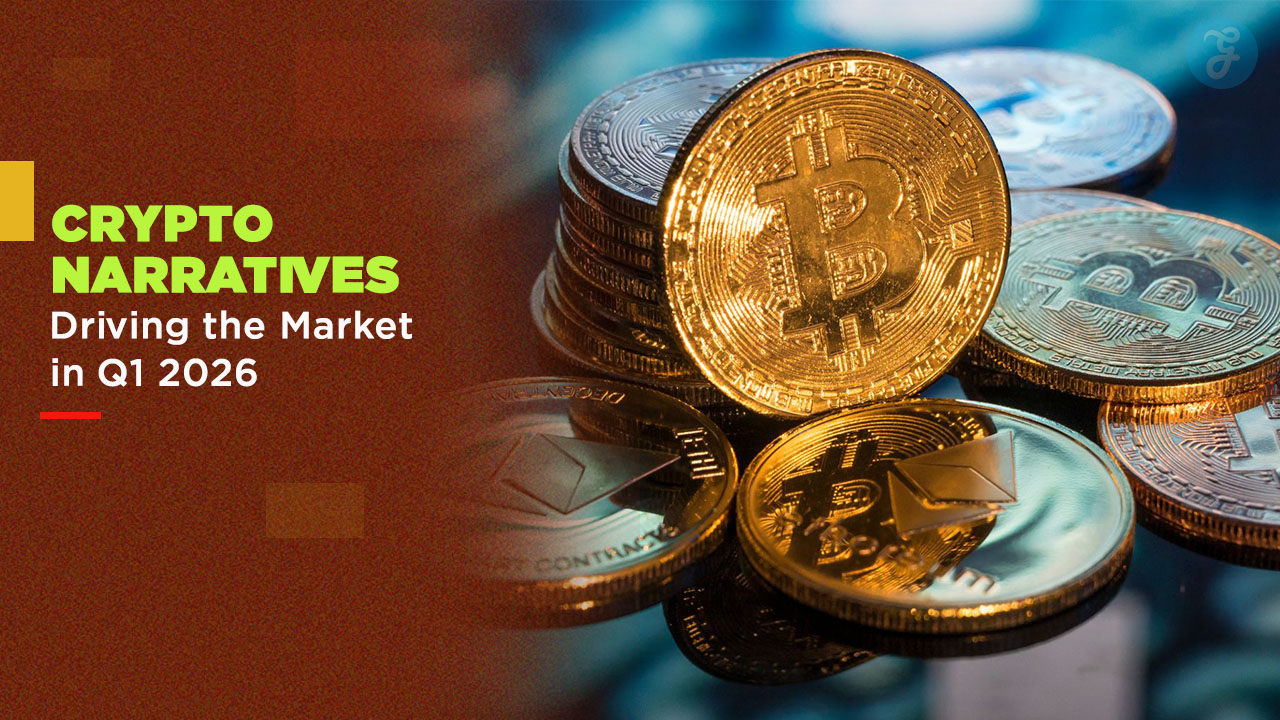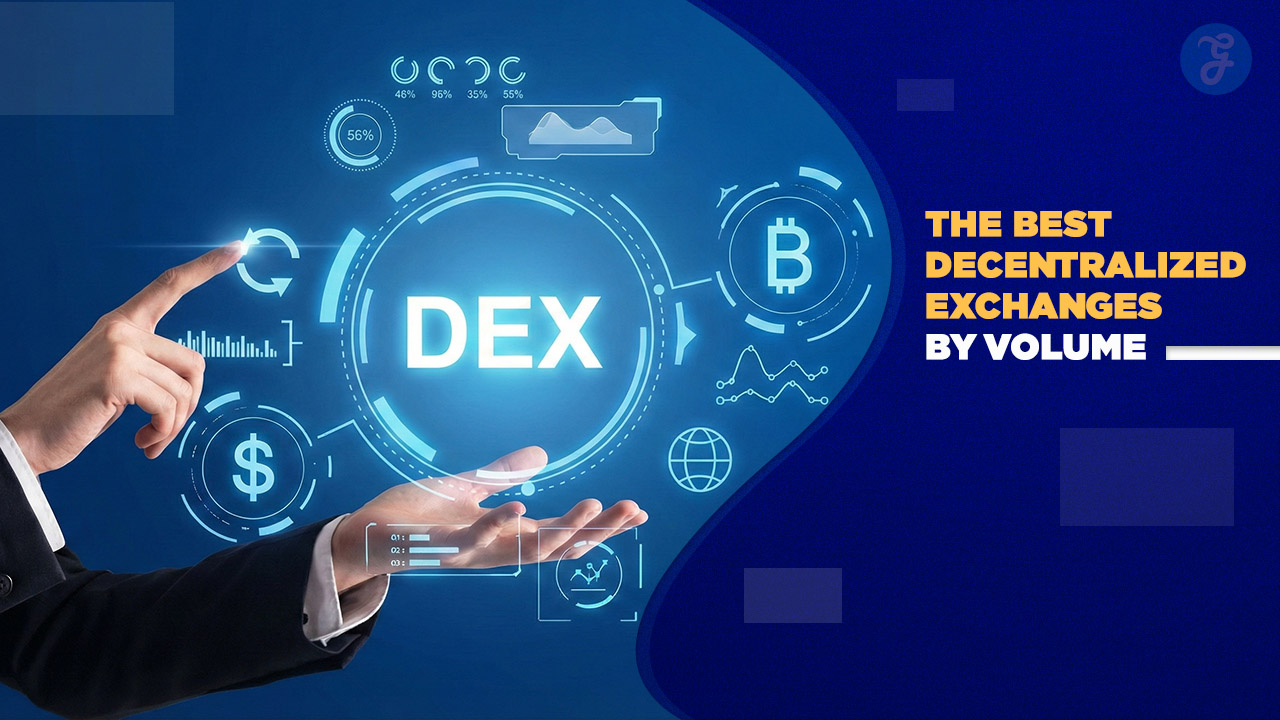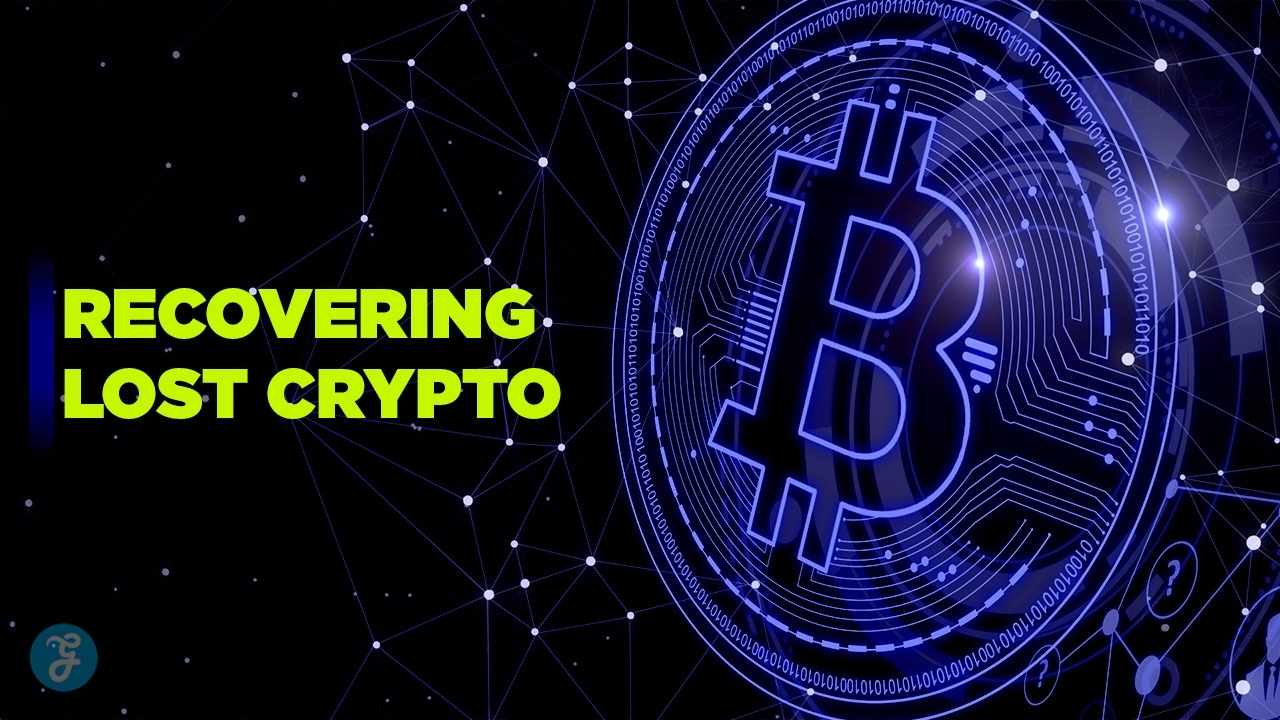The digital age has revolutionized many aspects of modern society, and one of the most profound changes is the emergence of decentralized currency. These digital assets are at the core of a new financial ecosystem, driving the development of smart contract platforms that promise to reshape industries, enhance transparency, and provide greater autonomy to users. In this blog post, we’ll explore the role of decentralized currency in the evolution of smart contract platforms, highlighting their symbiotic relationship and the potential for transformative change.
The Foundations of Decentralized Currency
A New Financial Paradigm
Decentralized currency represents a fundamental shift away from traditional, centralized financial systems. Unlike conventional money, which is controlled by governments and financial institutions, decentralized currency operates on a peer-to-peer network. This means transactions are verified by participants in the network, rather than a central authority, making it resistant to censorship, manipulation, and fraud.
The decentralized nature of these digital assets has far-reaching implications for how value is transferred, stored, and utilized. This new financial paradigm has paved the way for innovative technologies, including smart contracts, which build on the principles of decentralization to offer new possibilities for automation, transparency, and security. You can also explore Finance Phantom for further information.
The Rise of Smart Contracts
Smart contracts are self-executing agreements with the terms of the contract directly written into code. These digital contracts automatically enforce, verify, or execute the terms of an agreement without the need for intermediaries. The concept of smart contracts predates decentralized currency, but it was the advent of blockchain technology that made them a practical reality.
Blockchain technology provides a secure, transparent, and immutable ledger where smart contracts can operate. This synergy between decentralized currency and blockchain technology has enabled the creation of powerful smart contract platforms that are revolutionizing industries such as finance, supply chain management, and real estate.
The Symbiosis Between Decentralized Currency and Smart Contract Platforms
Fueling Innovation and Development
The relationship between decentralized currency and smart contract platforms is mutually beneficial. Decentralized currency provides the necessary fuel for smart contracts to operate, serving as the medium of exchange within these platforms. For instance, users may need to pay transaction fees or collateral in decentralized currency to execute smart contracts, incentivizing the use and circulation of these digital assets.
Moreover, decentralized currency has driven the development of new smart contract platforms by providing the financial resources and technological infrastructure necessary for innovation. The rise of Initial Coin Offerings (ICOs) and Decentralized Finance (DeFi) platforms are prime examples of how decentralized currency has facilitated the growth of smart contract ecosystems, enabling developers to create new applications and services.
Enhancing Security and Trust
One of the key advantages of decentralized currency is its ability to enhance security and trust in digital transactions. The decentralized nature of these digital assets means that they are not subject to the same vulnerabilities as traditional financial systems, such as centralized points of failure or single points of control.
Smart contract platforms leverage this inherent security by integrating decentralized currency into their operations. By using decentralized currency, smart contracts can reduce the risk of fraud, manipulation, and censorship, ensuring that agreements are executed as intended. This trustless environment is particularly valuable in industries where transparency and security are paramount, such as finance, legal, and supply chain management.
Real-World Applications of Decentralized Currency in Smart Contract Platforms
Decentralized Finance (DeFi)
Decentralized Finance, or DeFi, is one of the most prominent applications of decentralized currency and smart contract platforms. DeFi platforms enable users to access financial services such as lending, borrowing, trading, and investing without the need for traditional financial intermediaries. These platforms rely on smart contracts to automate and enforce transactions, with decentralized currency serving as the medium of exchange.
The DeFi ecosystem has grown rapidly in recent years, driven by the increasing adoption of decentralized currency and the development of innovative smart contract platforms. This growth has created new opportunities for users to access financial services in a more transparent, secure, and efficient manner.
Supply Chain Management
The integration of decentralized currency and smart contract platforms is also transforming supply chain management. By using smart contracts, companies can automate and streamline supply chain processes, reducing the need for intermediaries and minimizing the risk of fraud or errors.
Decentralized currency plays a crucial role in these systems by enabling secure and transparent transactions between parties. For example, a supplier might receive payment in decentralized currency upon the successful delivery of goods, with the smart contract automatically verifying and executing the transaction. This ensures that all parties are compensated fairly and that transactions are recorded on an immutable ledger, providing a clear audit trail.
Real Estate and Property Transactions
Another area where decentralized currency and smart contract platforms are making an impact is in real estate and property transactions. Traditionally, buying or selling property involves a lengthy and complex process, with multiple intermediaries and significant fees.
Smart contract platforms can simplify and accelerate this process by automating key steps, such as verifying ownership, transferring funds, and recording the transaction on a blockchain. Decentralized currency facilitates these transactions by providing a secure and efficient medium of exchange, enabling parties to complete real estate deals with greater speed, transparency, and reduced costs.
Conclusion
The evolution of smart contract platforms is inextricably linked to the rise of decentralized currency. Together, these technologies are driving innovation across multiple industries, enabling greater transparency, security, and efficiency in digital transactions. As decentralized currency continues to gain traction, its role in the development of smart contract platforms will only become more significant, paving the way for a more decentralized and autonomous future. The synergy between these two innovations holds the promise of transforming how we conduct business, manage assets, and interact with technology in the digital age.


